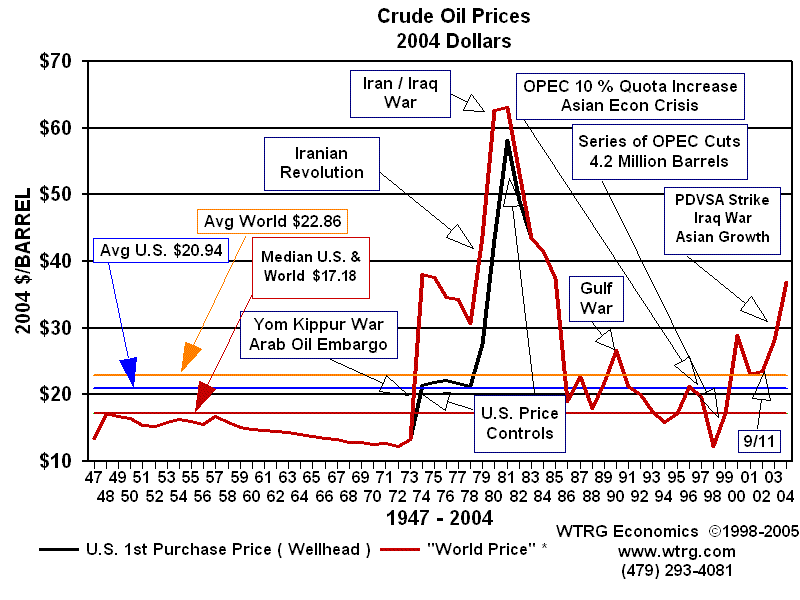"Mills says he’s published numerous papers describing his theoretical results in peer-reviewed journals. But critics counter by saying that the papers appeared in publications that focus on speculative work and that his theory has deep flaws that he hasn’t addressed."
These are not particularly flaky journals... These focus on the experimental side, not theory. This is a partial list from
BLP's papers list. If you want to read any of the papers, go there as they have links to text for at least some of them.
Spectroscopy
Spectroscopic observation of helium-ion- and hydrogen-catalyzed hydrino transitions, R. L. Mills, Y. Lu, K. Akhtar, Central European Journal of Physics, August 2009, doi: 10.2478/s11534-009-0106-9. The original publication is available at
http://www.springerl...8...08702d&pi=3Spectroscopic Study of Unique Line Broadening and Inversion in Low Pressure Microwave Generated Water Plasmas, R.L. Mills, P.C. Ray, R.M. Mayo, M. Nansteel, B. Dhandapani, J. Phillips, J. Plasma Physics, Vol. 71, No. 6, (2005), 877-888.
Emission in the Deep Vacuum Ultraviolet from a Plasma Formed by Incandescently Heating Hydrogen Gas with Trace Amounts of Potassium Carbonate H. Conrads, R. Mills, Th. Wrubel, Plasma Sources Science and Technology, Vol. 12 (2003), pp. 389-395.
Extreme Ultraviolet Spectroscopy of Helium-Hydrogen Plasma R. Mills, P. Ray, Journal of Physics D: Applied Physics, Vol. 36, (2003), pp. 1535-1542.
Hydrogen Line Broadening
Tests of Features of Field-Acceleration Models for the Extraordinary Selective H Balmer alpha Broadening in Certain Hydrogen Mixed Plasmas R.L. Mills, K. Akhtar - Int. J. Hydrogen Energy, Vol. 34, Issue 15 (2009), 6465-6477, and may be purchased at
http://dx.doi.org/10...ene.2009.05.148.
Substantial Doppler Broadening of Atomic-Hydrogen Lines in DC and Capacitively Coupled RF Plasmas, K. Akhtar, J.E. Scharer, R.L. Mills, 2009 J. Phys. D: Appl. Phys., Vol. 42, Issue 13, 135207 (12pp), doi:10.1088/0022-3727/42/13/135207
Excessive Balmer a Line Broadening of Water-Vapor Capacitively-Coupled RF Discharge Plasmas, R.L. Mills, P. Ray, B. Dhandapani, Int. J. Hydrogen Energy, Vol. 33, (2008), 802-815.
Evidence of Catalytic Production of Hot Hydrogen in RF Generated Hydrogen/Argon Plasmas - Int. J. Hydrogen Energy, Vol. 32, (2007), 3010–3035.
Evidence of An Energy Transfer Reaction Between Atomic Hydrogen and Argon II or Helium II as the Source of Excessively Hot H Atoms in Radio-Frequency Plasmas, R.L. Mills, P. Ray, B. Dhandapani, J. Plasma Physics, Vol. 72, No. 4, (2006), 469-484.
Comparison of Excessive Balmer Alpha Line Broadening of Inductively and Capacitively Coupled RF, Microwave and Glow-Discharge Hydrogen Plasmas with Certain Catalysts Mills, R.L.; Ray, P.C.; Nansteel, M.; Chen, X.; Mayo, R.M.; He, J.; Dhandapani, B. IEEE Transactions on Plasma Science, Vol. 31, Issue 3, June 2003, pp. 338-355.
Recent:
Fast H in Hydrogen Mixed Gas Microwave Plasmas When an Atomic Hydrogen Supporting Surface Was Present, R.L. Mills, K. Akhtar - 05/23/09
Hydrino Chemicals
Excess Power and the Product Molecular Hydrino H2(1/4) Generated in a K2CO3 Electrolysis Cell - R. Mills, W. Good, J. He, Electrochimica Acta, 54 (2009), 4229-4236, doi:10.1016/j.electacta.2009.02.079. The final version of this article with full bibliographic details may be purchased at
http://dx.doi.org/10...cta.2009.02.079 Comprehensive Identification and Potential Applications of New States of Hydrogen, R.L. Mills, J. He, Y. Lu, M. Nansteel, Z. Chang, B. Dhandapani - Int. J. Hydrogen Energy, Vol. 32, (2007), 2988–3009.
Spectroscopic and NMR Identification of Novel Hydride Ions in Fractional Quantum Energy States Formed by an Exothermic Reaction of Atomic Hydrogen with Certain Catalysts R. Mills, P. Ray, B. Dhandapani, W. Good, P. Jansson, M. Nansteel, J. He and A. Voigt - 03/13/03 The European Physical Journal - Applied Physics 28, 83-104 (2004).
Power
Commercializable Power Source Using Heterogeneous Hydrino Catalysts, R.L. Mills, K. Akhtar, G. Zhao, Z. Chang, J. He, X. Hu, G. Chu
Commercializable Power Source from Forming New States of Hydrogen, R.L. Mills, G. Zhao, K. Akhtar, Z. Chang, J. He, Y. Lu, W. Good, G. Chu, B. Dhandapani - Int. J. Hydrogen Energy, Vol. 34, Issue 2, January 2009, doi:10.1016/j.ijhydene.2008.10.018 and may be purchased at
http://dx.doi.org/10...ene.2008.10.018 Applications
Lighting
Excessively Bright Hydrogen-Strontium Discharge Light Source Due to Energy Resonance of Strontium with Hydrogen, R. Mills, M. Nansteel, P. Ray - 08/09/01 Journal of Plasma Physics, Vol. 69, (2003), pp. 131-158
Argon-Hydrogen-Strontium Discharge Light Source R. Mills and M. Nansteel, P. Ray, IEEE Transactions on Plasma Science, Vol, 30, No. 2, (2002), pp. 639-653.
Recent:
Low-Voltage EUV and Visible Light Source Due to Catalysis of Atomic Hydrogen
Diamond Films
Role of Atomic Hydrogen Density and Energy in Low Power Chemical Vapor Deposition Synthesis of Diamond Films R. Mills, J. Sankar, A. Voigt, J. He, P. Ray, B. Dhandapani, Thin Solid Films, Vol. 478, Issues 1-2, May 2005, pp. 77-90.
Hydrino-Terminated Surfaces
Highly Stable Amorphous Silicon Hydride R. L. Mills, B. Dhandapani, J. He, Solar Energy Materials & Solar Cells, Vol. 80, (2003), pp. 1-20.
Lasers
CW HI Laser Based on a Stationary Inverted Lyman Population Formed from Incandescently Heated Hydrogen Gas with Certain Group I Catalysts R. Mills, P. Ray, R.M. Mayo, IEEE Transactions on Plasma Science, Vol. 31, No. 2, (2003), pp. 236-247.
Stationary Inverted Lyman Population Formed from Incandescently Heated Hydrogen Gas with Certain Catalysts R.L. Mills, P. Ray, J. Phys. D, Applied Physics, Vol. 36, (2003), pp. 1504-1509.
Potential for a Hydrogen Water-Plasma Laser R. L. Mills, P. C. Ray, R. M. Mayo, Applied Physics Letters, Vol. 82, No. 11 (2003).















































